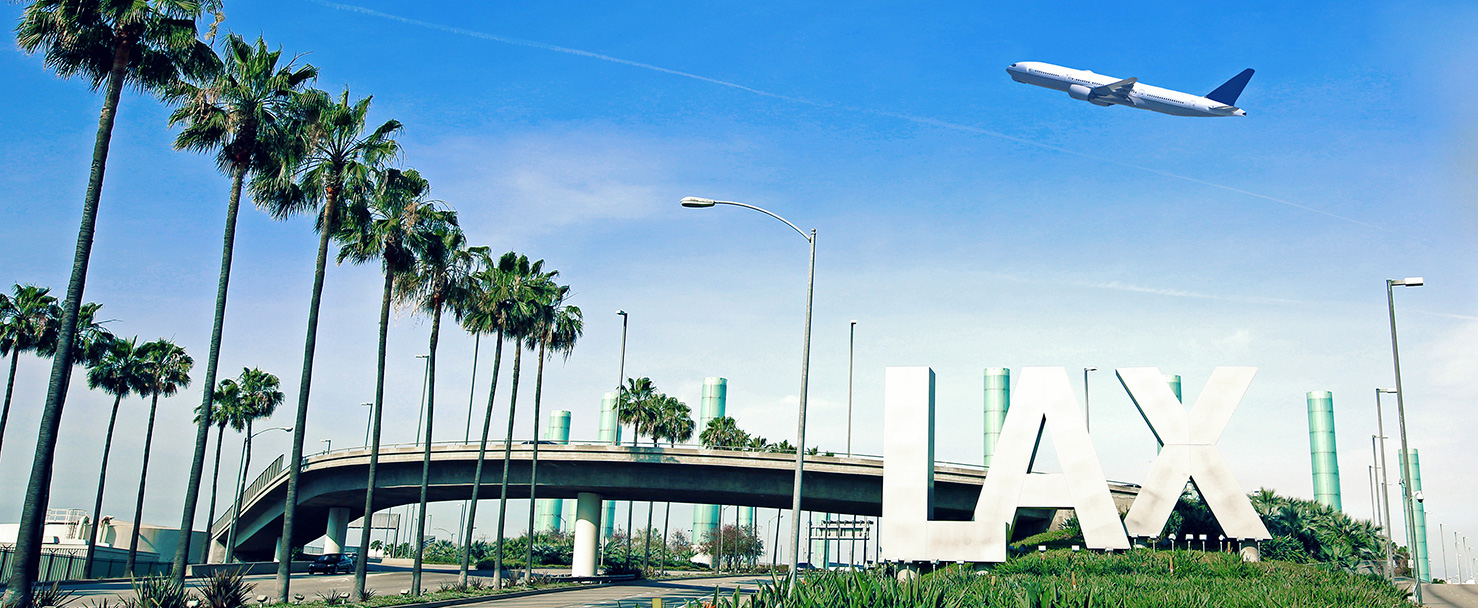U.S. Outbound Tourism Surges
Good news for the global timeshare industry: Americans increasingly travel overseas—and are better able to afford it.
A recent report by the National Travel and Tourism Office at the U.S. Department of Commerce reveals that a record 41.8 million U.S. citizens traveled to overseas markets in 2018. This represents a 9 percent increase over 2017, with Europe and Oceania seeing the biggest gains in American tourists.
Some contributing factors to this rise include faster wage growth, higher consumer confidence, low unemployment, and more spending power thanks to a strong dollar. All of this translates to more travel dollars being spent, particularly overseas, where Americans can get more bang for their buck than in the U.S.
Robin Mills, RCI’s vice president of business development for Europe, Middle East, and Africa, believes that a growing economy paired with more citizens holding passports—43 percent more from 2010 to 2018, according to the U.S. Department of State—has made dream destinations more accessible to American travelers. With this increase in U.S. outbound tourism, European timeshare resorts can market themselves strategically.
“Resorts in Europe have been upping their game in recent years,” Mills says. “Historically, dated photographs and brief descriptions were the norm. Now, however, resorts are providing amazing content for members to view. We still have a way to go, but the information available on the site and in the vicinity of the resorts has vastly improved.” Investing resources in digital media, especially at the point of research and booking, will provide a significant advantage for overseas resorts.
Mills also emphasizes the importance of marketing to experience seekers. “American travelers generally like to immerse themselves into local customs and culture. They seek out the history and desire to interact with the local populace. They want to soak in as many experiences as possible,” he says. For resorts outside the U.S., attracting this growth of American tourists requires an emphasis on the authentic experiences available at and through resorts. Resorts must clearly communicate those opportunities to attract the typically more adventurous American traveler.




